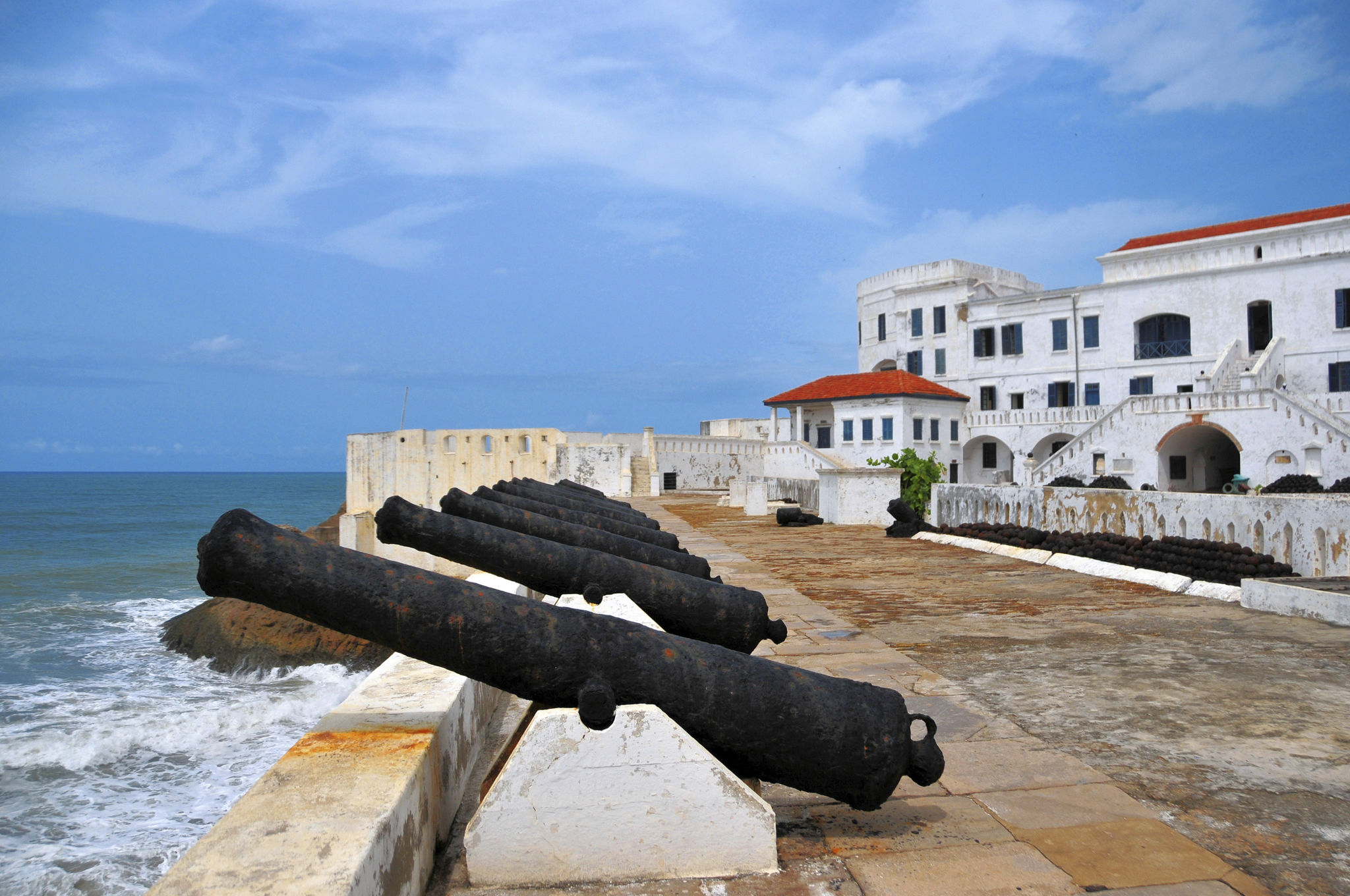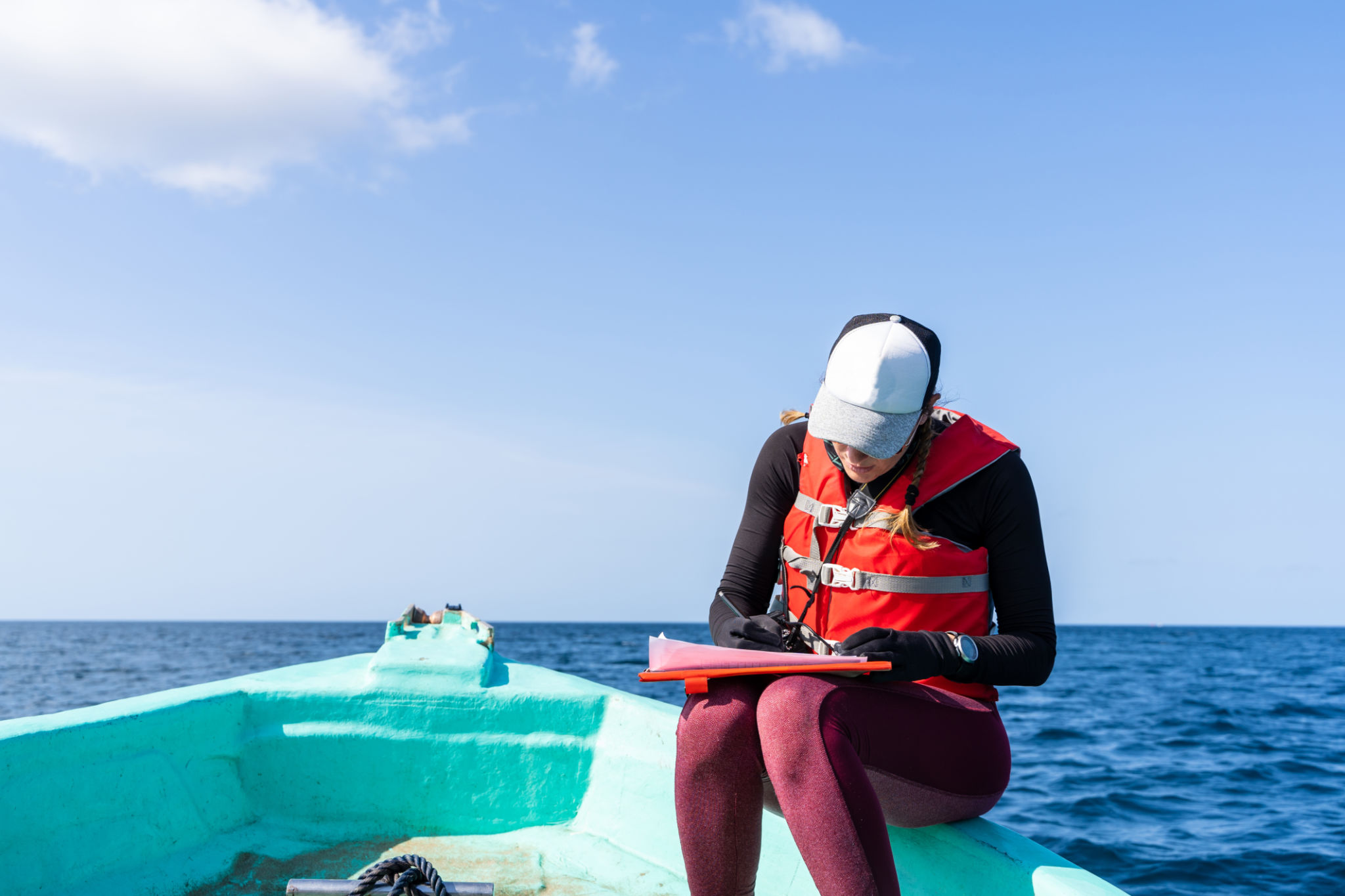Understanding Ghana's Coastal Regulations: What You Need to Know
Introduction to Ghana's Coastal Regulations
Ghana, located along the Gulf of Guinea, is renowned for its beautiful and diverse coastal landscape. However, with these natural treasures come the responsibility of preserving them. Ghana's coastal regulations play a significant role in safeguarding this vital environment, ensuring sustainable development, and protecting marine life. Understanding these regulations is essential for businesses, tourists, and residents alike.
The regulations are designed to address a wide range of issues, including pollution control, land use, and biodiversity conservation. They aim to balance economic growth with environmental protection, ensuring that future generations can also enjoy the coast's natural beauty and resources.

Key Regulatory Bodies
Several governmental bodies are responsible for implementing and enforcing coastal regulations in Ghana. The primary agency is the Environmental Protection Agency (EPA), which oversees environmental policies and ensures compliance with national standards. Another important body is the Fisheries Commission, tasked with managing fishery resources and promoting sustainable fishing practices.
Additionally, the Ghana Maritime Authority plays a crucial role in regulating maritime activities and ensuring safe navigation along the coast. These organizations collaborate to create a cohesive framework that guides coastal development and conservation efforts.
Environmental Protection Agency (EPA)
The EPA's mandate includes monitoring pollution levels, issuing permits for coastal developments, and conducting environmental impact assessments. This agency is instrumental in enforcing regulations that prevent harmful activities along the coast.

Regulations on Coastal Development
Coastal development in Ghana is subject to stringent regulations. These rules govern the construction of buildings, infrastructure projects, and other activities that may impact the coastal environment. Developers must obtain the necessary permits and conduct environmental impact assessments before proceeding with any project.
Moreover, there are designated buffer zones along the coast where construction is either restricted or prohibited. These zones aim to protect sensitive ecosystems and mitigate the impact of natural disasters such as erosion and flooding.
Sustainable Tourism Practices
Tourism is a major contributor to Ghana's economy, and it is essential that it is conducted sustainably. Regulations promote eco-friendly tourism practices that minimize environmental footprints. Tour operators are encouraged to educate visitors on responsible behavior while exploring the coastlines.

Conservation Efforts and Marine Protection
Ghana's coastal regulations also emphasize the importance of conserving marine biodiversity. Protected areas have been established to safeguard critical habitats for marine life, including coral reefs, mangroves, and sea turtle nesting sites.
Fishing regulations are enforced to prevent overfishing and ensure sustainable fish stocks. The Fisheries Commission works closely with local communities to promote practices that support long-term marine health.
Community Involvement
Local communities play a pivotal role in coastal conservation efforts. By involving residents in decision-making processes and educating them about the importance of environmental stewardship, these initiatives foster a sense of ownership and responsibility toward preserving their natural surroundings.

Challenges and Future Directions
Despite these measures, challenges such as illegal fishing, pollution, and climate change continue to threaten Ghana's coastlines. Addressing these issues requires ongoing collaboration between government agencies, businesses, non-governmental organizations, and local communities.
Future directions include enhancing enforcement mechanisms, increasing public awareness campaigns, and investing in research to develop innovative solutions for coastal management. By taking collective action, Ghana can protect its coastal heritage for future generations while supporting sustainable development.